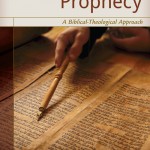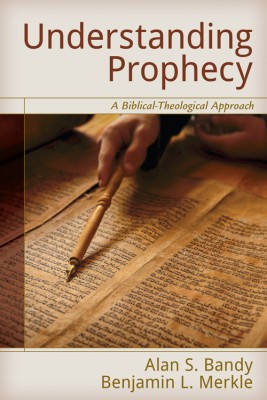 Does God curse animals and people? Genesis 3:14 indicates that God cursed the serpent. But what did the serpent do to deserve being cursed? And what is the whole thing about the serpent crawling on the ground and eating dirt?
Does God curse animals and people? Genesis 3:14 indicates that God cursed the serpent. But what did the serpent do to deserve being cursed? And what is the whole thing about the serpent crawling on the ground and eating dirt?
And then there is Genesis 3:15 which talks about the serpent striking the heel of the woman’s seed, but the seed crushing the serpent’s head. What is all that about? Is it truly a prophecy about Jesus?
These, another other related questions, will all get considered in this episode of the One Verse Podcast.
The Text of Genesis 3:14-15
So the LORD God said to the serpent: “Because you have done this, you are cursed more than all cattle, And more than every beast of the field; On your belly you shall go, And you shall eat dust All the days of your life. And I will put enmity between you and the woman, and between your seed and her Seed; He shall bruise your head, And you shall bruise His heel.”
In this discussion of Genesis 3:14-15 we look at:
- Did God curse the serpent?
- What happened to the serpent?
- What does it mean for him to crawl on his belly and eat dust?
- Is Genesis 3:15 a prophesy about Jesus?
Resources:
- The Re-Justification of God is on Sale at Amazon
- Walton, Lost World of Adam and Eve
- Zondervan Illustrated Bible Background Commentary
- Zevit, What Really Happened in the Garden of Eden
- Subscribe and Leave a Review on iTunes
Downloadable Podcast Resources
Those who are part of my online discipleship group may download the MP3 audio file for this podcast and view the podcast transcript below.
You must join a discipleship group or login to download the MP3 and view the transcript.
Thanks for visiting this page ... but this page is for Discipleship Group members.
If you are already part of a Faith, Hope, or Love Discipleship Group,
Login here.
If you are part of the free "Grace" Discipleship group, you will need to
Upgrade your Membership to one of the paid groups.
If you are not part of any group, you may learn about the various groups and their benefits here:
Join Us Today.

Do you like learning about the Bible online?
Do you like learning about Scripture and theology through my podcast? If so, then you will also love my online courses. They all have MP3 audio downloads, PDF transcripts, quizzes, and a comment section for questions and interaction with other students.
If you want to deepen your relationship with God and better understand Scripture, take one (or all) of these courses. They are great for personal study or for a small group Bible study.
You can see the list of available courses here, and if you join the Discipleship group, you can take all the courses at no additional cost. Go here to learn more and join now.


![[#45] Genesis 3:14-15 – The Serpent and the Seed](https://redeeminggod.com/wp-content/uploads/2016/07/curse-150x150.jpg)



 I’m beginning to scare myself.
I’m beginning to scare myself. “What doctrines?” you ask?
“What doctrines?” you ask? Here is my current list of doctrines which I am questioning, and which might cause some to label me as a heretic:
Here is my current list of doctrines which I am questioning, and which might cause some to label me as a heretic: